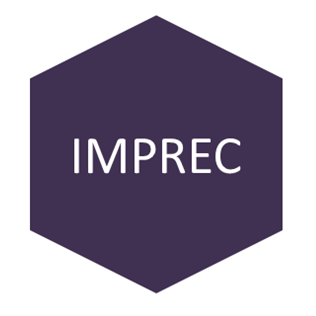About project
Phosphorus removal from Polish wastewater is essential to improve the Baltic Sea environment. HELCOM anticipates higher phosphorus removals in most Polish wastewater treatment plants in the near future, although EU guidelines do not require it at present. Norway, which has a stringent requirement on phosphate removal, treats over 70% of its wastewater with coagulation. Thus, coagulation, being an efficient and robust method to remove phosphates as well as particles, is also anticipated to become more popular in Poland. The cost of coagulants and the chemical sludge which is added to the already challenging sludge amounts are major drawbacks of coagulation. The IMPREC project (IMProving wastewater treatment with better phosphorus RECovery) investigated innovative methods to address these issues to make the coagulation process more cost-efficient.
A multi-parameter based real-time coagulant dosing control system was demonstrated on a simultaneous coagulation-SBR system. A novel, maintenance friendly, flock sensor was developed and evaluated as a supplementary real-time parameter in dosing control. As a cost-efficient alternative to inorganic salts, electrocoagulation was studied and operational advantages were quantified.
State-of-the-art image processing and process control techniques together with Scanning Electro-Microscopy were used in this evaluation.
The world’s mineral phosphate reserves are rapidly depleting and an increased reuse of phosphates from wastewater sludge will be inevitable. Phosphates in chemically treated sludge need to improve the plant availability (PAP), and an innovative method using combined coagulants was documented to increase the PAP by 50%. The improvement of sludge dewatering and thickening processes was evaluated using organic polymers and various characterization methods.
IMPREC documented a comprehensive improvement of municipal wastewater treatment using novel methods, addressing coagulation and sludge management with minimal use of chemicals.
IMPREC “produced” the following publishable results; all of them are clearly and correctly affiliated to IMPREC:
- 6 publications in peer reviewed journals
- 3 publications in the peer reviewed journals “in press”
- 4 publications “in preparation” to the peer reviewed journals
- 3 articles in journals
- 11 presentations in international conferences
- 3 presentations “in preparation” to the international conferences
- 10 presentation in local workshops & seminars, and reports.

